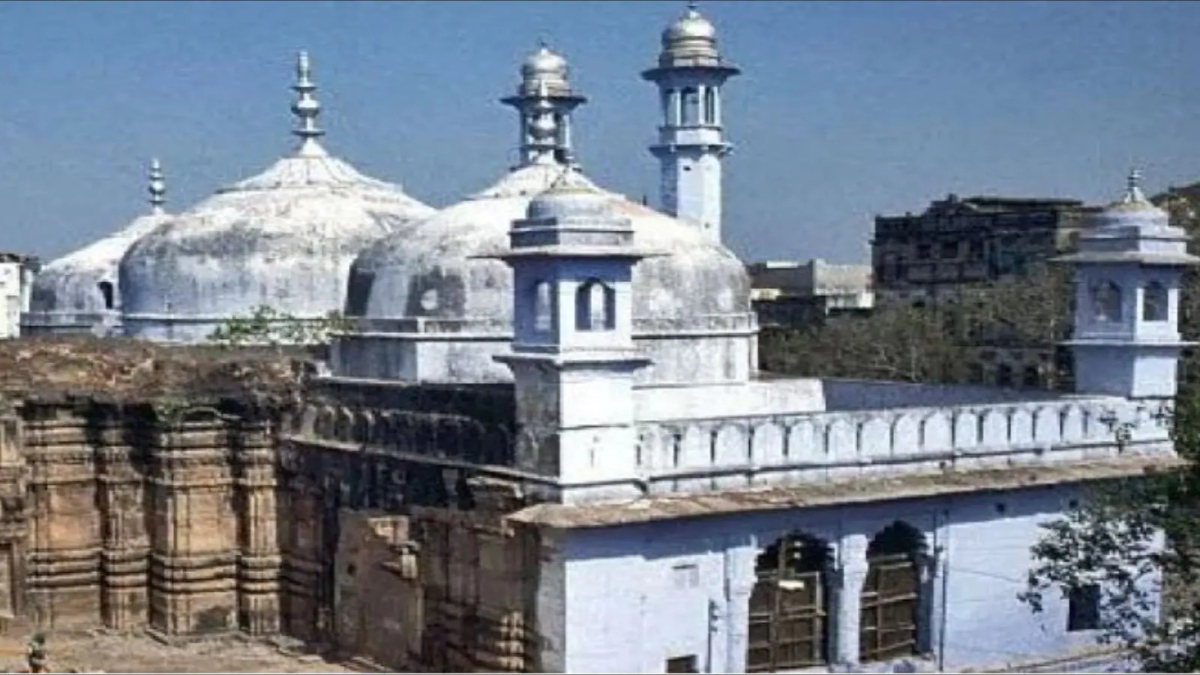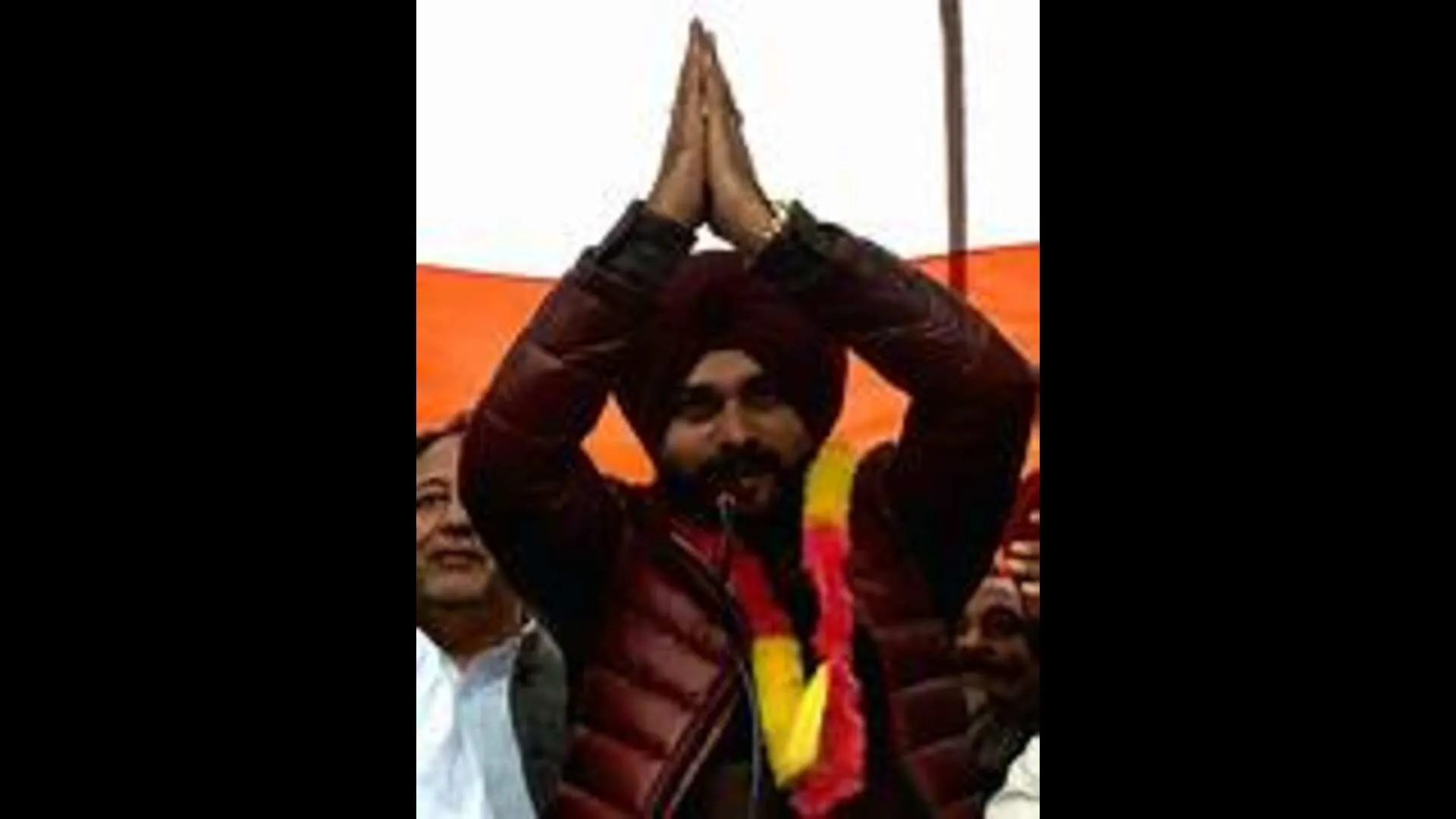The Varanasi district court on Monday completed the hearing of arguments in the Kashi Vishwanath temple-Gyanvapi mosque case and reserved its decision until tomorrow.
Varanasi Distinct Judge Dr A.K. Vishvesha heard a civil suit in the case. “The hearing was completed and the decision has been kept reserved. The next date of hearing will be given. We had given an application to provide us with a CD and photographs of the report submitted by the commission,” Advocate Vishnu Jain, representing the Hindu side, told media persons.
Only 23 people, including 19 counsels and four petitioners, were allowed inside the courtroom during the hearing today, police said. The hearing began today in Varanasi court after the Supreme Court said it would not interfere with the Gyanvapi mosque survey and transferred the case to the lower court while noting the “complexities and sensitivities involved in the matter” would require a “more senior and experienced hand”.
The bench said District Judge should decide the maintainability of the civil
suit in the Gyanvapi-Kashi Vishwanath case on priority as sought by Committee of Management Anjuman Intezamia Masjid Varanasi.
Meanwhile, a report from New Delhi said a lawyer has filed an intervention application in the Supreme Court seeking impleadment in the Gyanvapi mosque case stating that a mosque constructed on temple land cannot be a mosque. The application was filed by advocate Ashwini Upadhyay who had earlier filed a petition challenging the Constitutional validity of the Places of Worship (Special Provisions) Act, 1991 (Act). It contended that a temple’s religious character does not change after the demolition of roof, walls, pillars, foundation and even offering Namaz, it added. “After the Pran Pratishtha of an idol, a temple is always a temple until the idol is shifted to another temple with the rituals of Visharjan. Moreover, the Religious Character of the Temple (Place of Worship) and Mosque (Place of Prayer) is totally different. So, the same law can’t be applied to both,” said the application. The application further stated, “The mosque constructed on temple land cannot be a mosque, not only for the reason that such construction is against Islamic law, but also on grounds that the property once vested in the deity continues to be deity’s property and right of deity and devotees are never lost, howsoever long illegal encroachment continues on such property.” It sought impleadment in the Gyanvapi case stating that only those places of worship should be protected, which were erected or constructed in accordance with the personal law of the person who erected/constructed them, but places erected or constructed in derogation of the personal law, cannot be termed a “place of worship”. However, the 1991 Act kept a cut-off date of August 1947 to legalise the illegal acts of barbaric invaders, it said.
The application further stated, “Hindus, Jains, Buddhists, Sikhs have right to profess, practice propagate religion as provided in their religious scriptures and Article 13 prohibits from making law which takes away their rights. Moreover, the status of the mosque can be given only to such structures which have been constructed according to tenets of Islam and mosques constructed against the provisions contained in Islamic law cannot be termed as Mosque.”























